




This challenge is open to secondary level students in a team of 2-4 students.
The primary objective of this challenge is for students to conceptualize, design, and construct plastic recycling facilities that utilize nuclear technology to promote a circular plastic economy. Students will explore innovative solutions in recycling and upcycling technology that utilizes ionizing radiation, in a circular manner to enable generation of added value products from post-consumer and post-industrial plastic waste, all while gaining a deeper understanding of the role of NST in addressing environmental challenges and promoting sustainable development.
Students will be tasked with creating an ideal plastic life cycle, where communities have easy access to state-of-the-art plastic recycling facilities within Minecraft Education Platform that leverage radiation technology to promote circularity in plastic production and consumption. They must consider various factors in their design, to perceive plastic waste as a valuable resource rather than solely a problem. In a sustainable context, plastic undergoes repurposing into innovative products with added value, like construction materials. This process fosters a circular economy where materials are perpetually reused and recycled.
Students can build a sustainable world, where the recycling centre is using the radiation technology in the recycling process. Alternatively, they can build a production or manufacturing factory that uses recycled material and in combination with radiation technology (such as an electron beam accelerator), or a combination of both. Additionally, it is important to address various ways in which radiation technology can be used to promote plastic circular economy.
Students will be able to define recycling and explain why recycling is important. Students will be able to determine how radiation technology can assist recycling process and their role in plastic circular economy. Students will showcase how recycling can effectively mitigate global plastic pollution, thus addressing environmental challenges and aligning with the UN SDGs.
This Challenge through NUTEC Plastics Initiative empowers students to become agents of change in the fight against plastic pollution. By exploring the synergy between NST and sustainable development, students will develop critical thinking skills, environmental awareness, and innovative solutions to address one of the most pressing challenges of our time.
More information can be found here: IAEA NUTEC Plastics. You need to have an IAEA NUCLEUS account to enter the site. Please first register here.